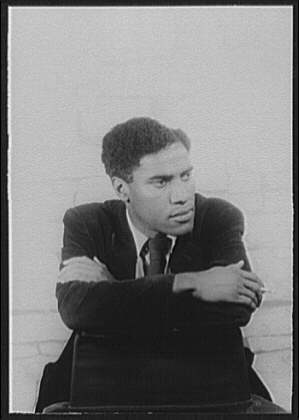
There are three intersecting contexts for George Lamming’s essay “Caliban Orders History.” First, Lamming is writing in 1960; second, he is writing about a history book (C.L.R. James’s The Black Jacobins) published in 1938; third, James’s book is about the Haitian Revolution, which took place from 1791 to 1804.
The reason these contexts are all relevant and worth naming is because Lamming makes the case for how they are parallel and connected. Lamming is writing in 1960 just as the British empire is in crisis and Caribbean independence is looking inevitable. Lamming (following James) is interested in the Haitian Revolution as the Caribbean’s first successful independence movement (and the second successful independence movement in the Americas). They are interested in that previous moment for the lessons it might have for their own participation in Caribbean independence struggles.
We can see Lamming drawing lessons perhaps most directly when he writes about Toussaint in Haiti: “Constitutions are a change of laws; but no constitution can guarantee a change of character” (139). Lamming is interested in the role of writers and intellectuals in decolonization, and here is one place where he is suggesting that ideas and the imagination are a key site of ending colonialism not only politically but also culturally and psychologically.
Sources:
Brereton, Bridget. “Society and Culture in the Caribbean: The British and French West Indies, 1870-1980.” In The Modern Caribbean, edited by Franklin Knight and Colin Palmer, 85-110. Chapel Hill: University of North Carolina Press, 1989.
James, C.L.R. The Black Jacobins: Toussaint Louverture and the San Domingo Revolution. London: Secker and Warburg, 1938.
Lamming, George. The Pleasures of Exile. [1960] Ann Arbor: University of Michigan Press, 1992.